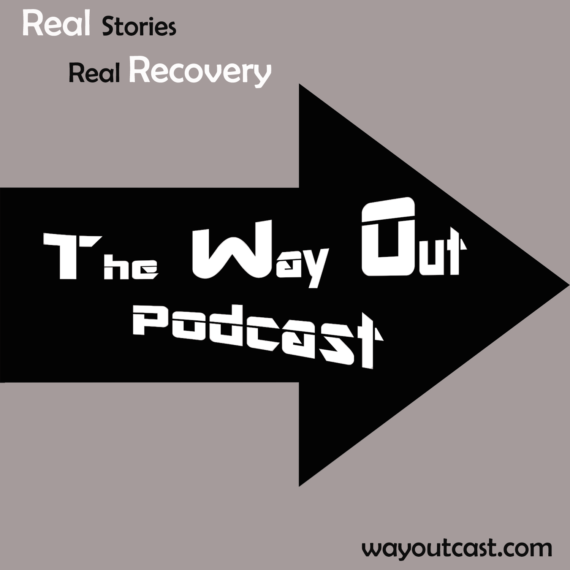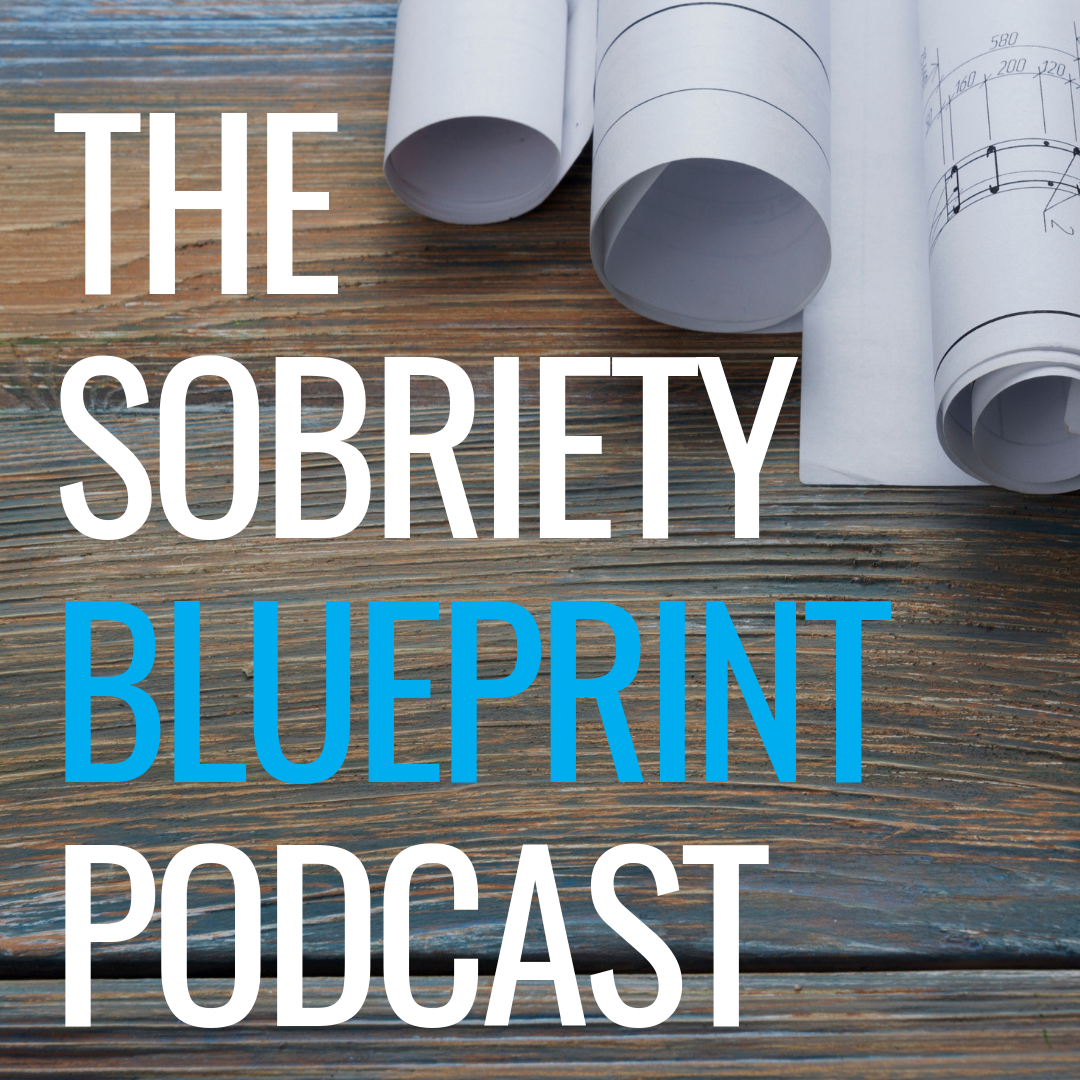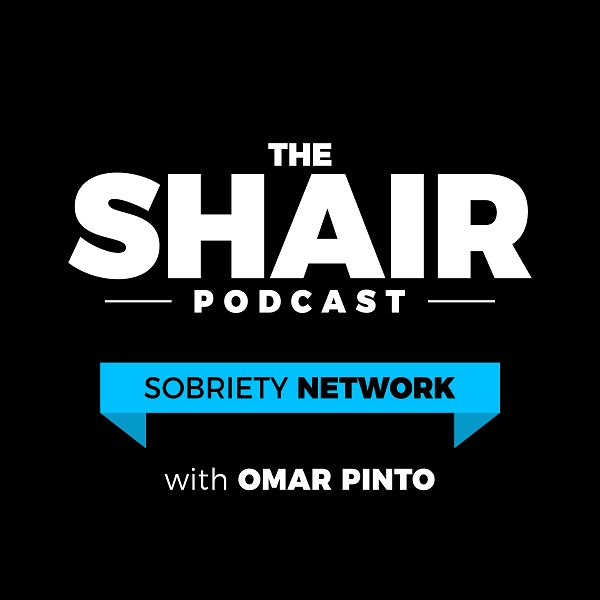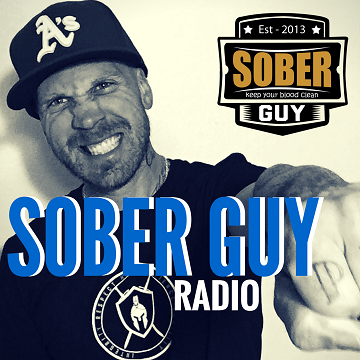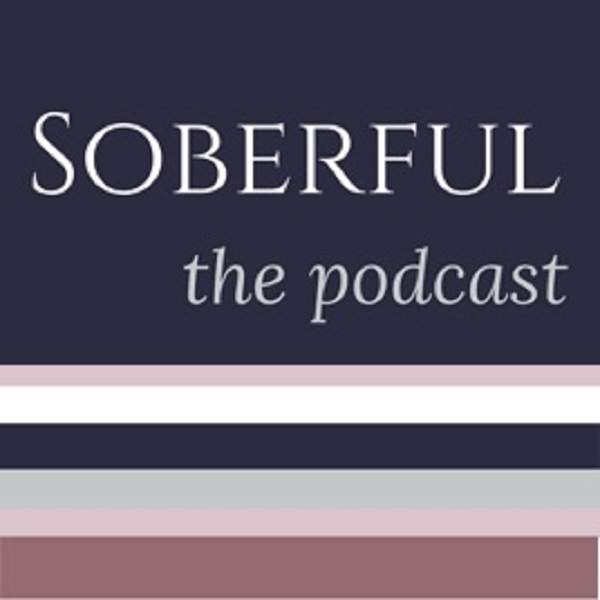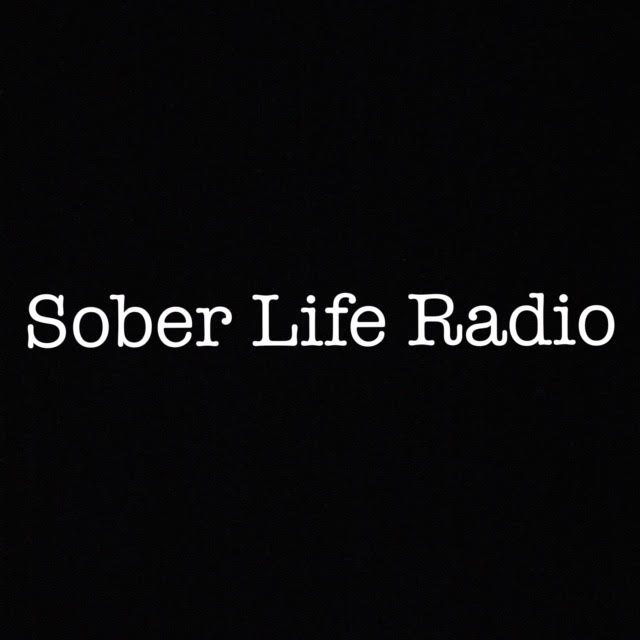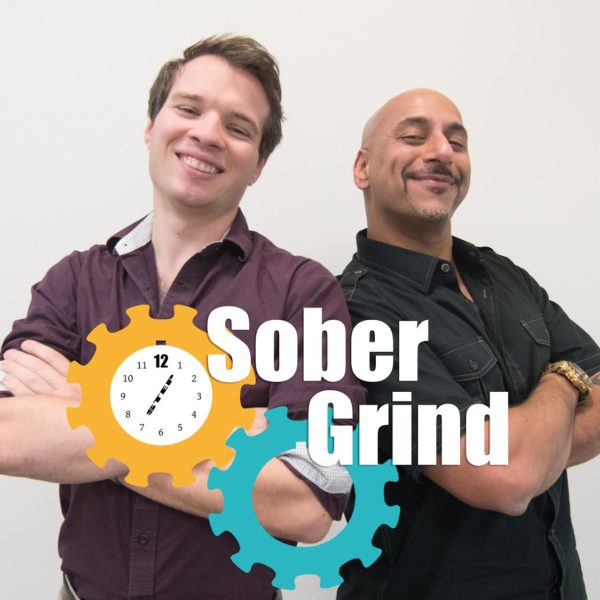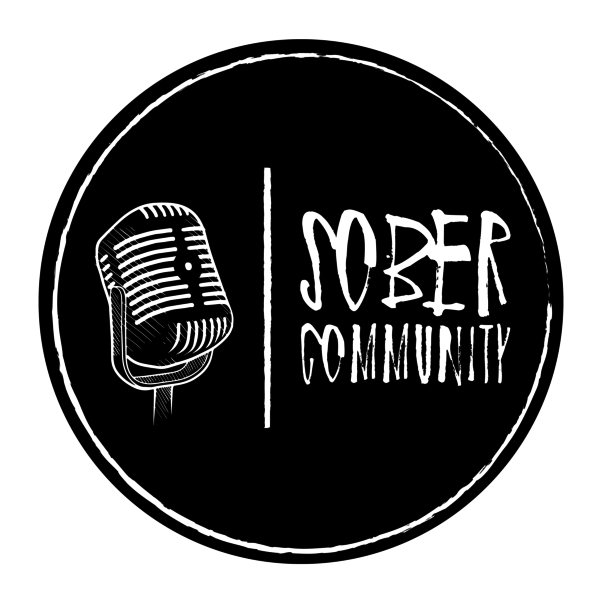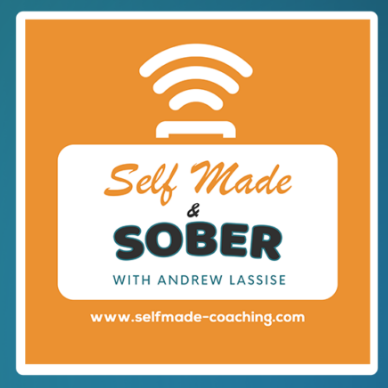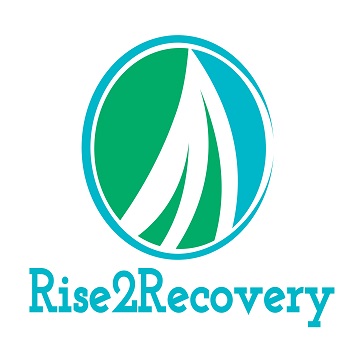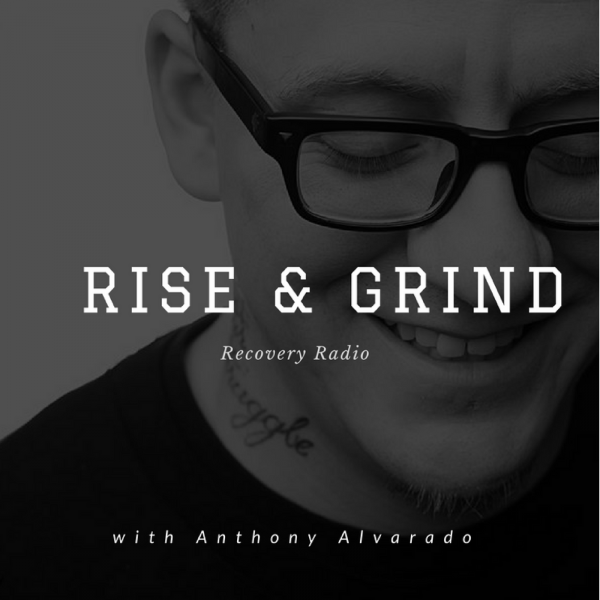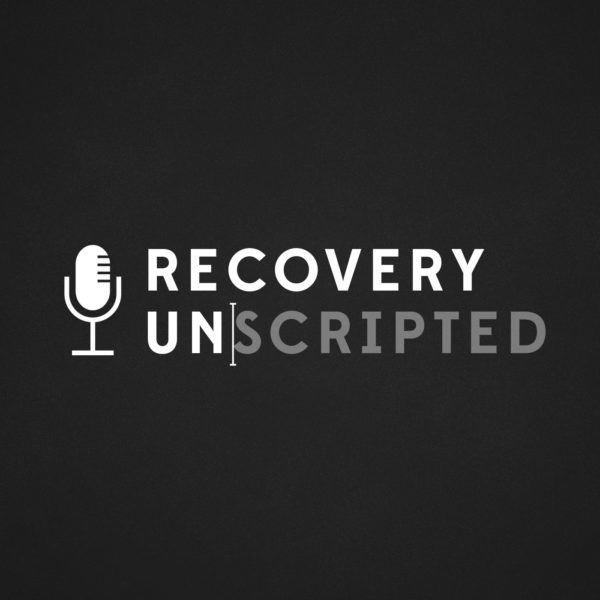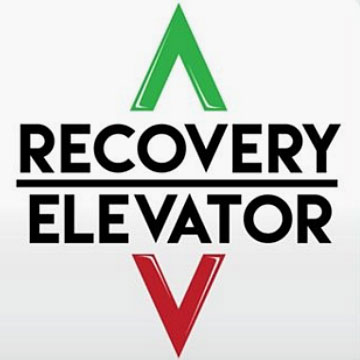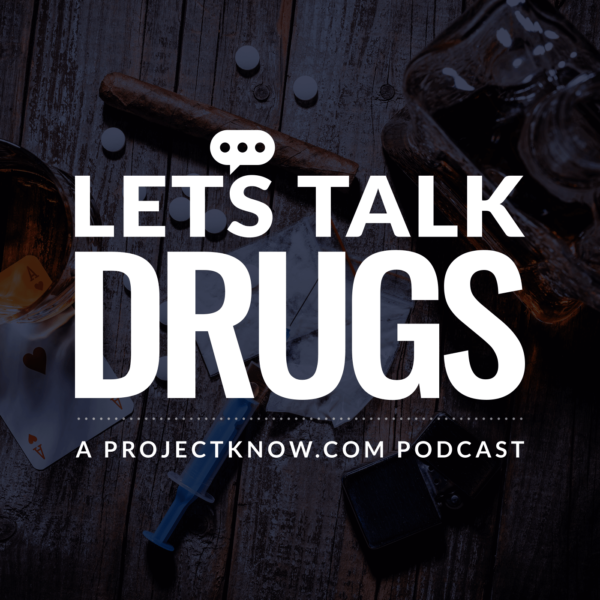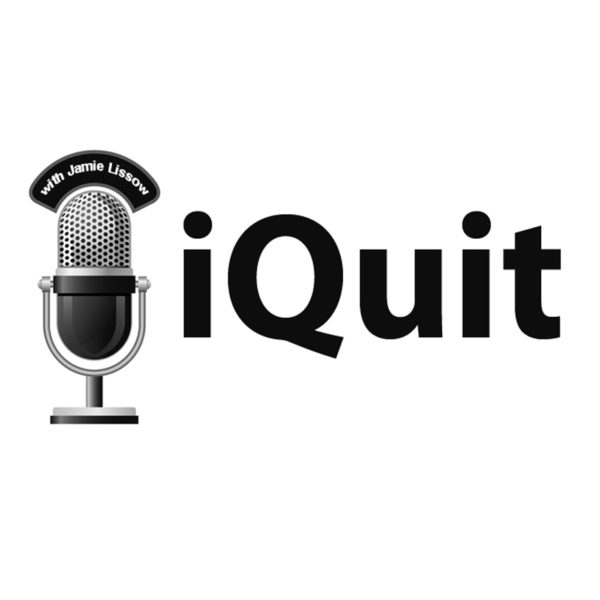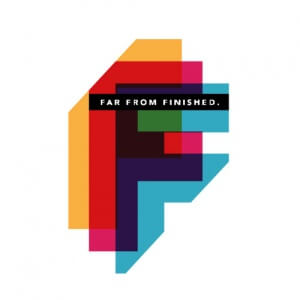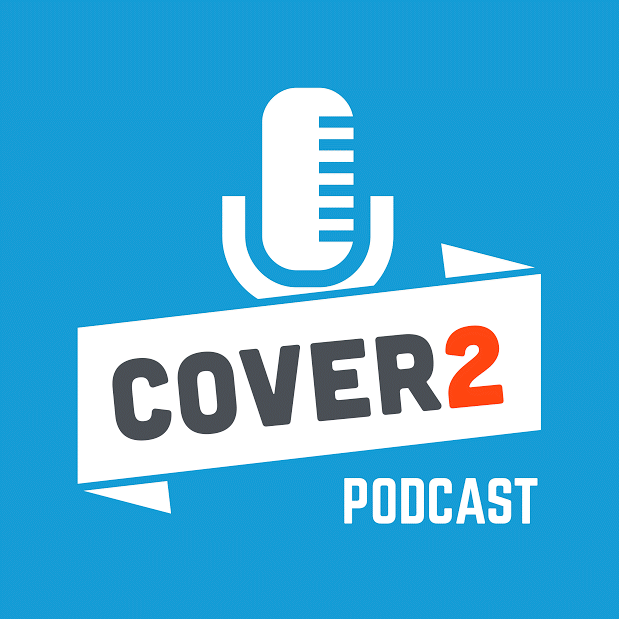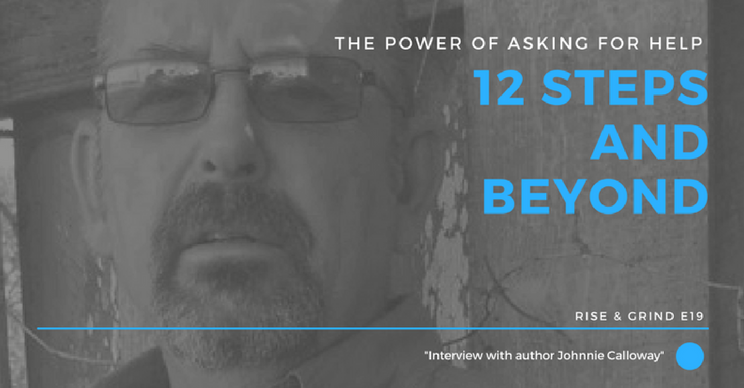12 Steps and Beyond – The Power of Asking for Help
Main Topics of Discussion:
- Can you tell our audience a little background of who you are & whether or not you are in recovery?
- How did you dedicate your time in the addiction recovery community? How does that relate to you becoming an author?
- Can you share some resources that you have discovered?
- Can you share with us some important lessons you have learned in your life that you think our audience may want to hear? (tips, pointers, practices, helpful habits, important aspects of your life today)today)
About the Guest:
Johnnie Calloway grew up in a small town in Kentucky. His mother passed away when he was 5, leaving him to grow up with his father who he describes as a sexually-confused, angry alcoholic. Calloway fell into drug addiction, alcoholism and battles with mental illness before finding healing through forgiveness. In “Dragons to Butterflies: The Metamorphosis of a Man” (published by Balboa Press), the author chronicles his abusive relationship with his father and the steps that led him to recovery.
“An astrologist told me that I was supposed to write in 1991 and I then wrote ‘Taming the Dragon,’” Calloway says, adding, “The object is not to conquer the dragon but to tame him and make him an ally.”
Calloway hopes to expose the darkness of child abuse and give “a voice to those kept silent by fear, guilt and shame.”
Johnnie Calloway is a seeker of truth who has devoted himself to sharing what his seeking has taught him with others. He has written two books: “Taming the Dragon” and “Dragons to Butterflies.” He is currently working on “Within the Chrysalis, It’s an Inside Job.”
More information is available at Today I Laugh.
Do you know somebody that may need help from addiction or mental illness?
We want to help those who are suffering from addiction and mental health disorders by providing you some of the best know resources mentioned in this week’s episode and listed below.
If this is an emergency or if you are worried that you or someone you know may be at risk for suicide, please call your local authorities (911).
Episode Notes:
- How are you recovering from depression?
- Why is positive self-talk so important?
- What important is your higher power?
- How are you helping to bring hope to the hopeless?
- What is your belief around assistive medication?
- Why can finding employment, housing, and counseling be so important to someone in recovery?
- How have you learned to smile again? Laugh?
RESOURCES MENTIONED
- Understanding Addiction as a Disease: Fact: 90% of the 40+ million people with an addiction today, started before the age of 18 (source: casacolumbia.org). Addiction is one of the largest and most mis-understood diseases in the world. New research has shed light on this disease and we now have a better understanding of how it works and how to reduce our risk. If we can understand addiction, it will unlock our understanding of how habits are formed and the secrets to achieving anything in life.
- We All Crave Dopamine: Dopamine is a chemical naturally produced by the brain that causes us to feel pleasure. Dopamine is released in two stages; when we 1) anticipate and then 2) when we actually experience the pleasurable activity.
- Understanding Habit’s: Watch this video to better understand the habit loop.
- What are Triggers? Triggers can be categorized into four buckets. It could be a certain time of day (like getting tired at 3pm), a location (arriving at school or back home), an emotion (like stress), or an event (like just finishing dinner… craving that dessert yet?). Identifying your triggers is the first step in the process of changing your habits and implementing your “Replacement Crave.”
- What’s Your Replacement Crave? Studies show that it’s easier to change a habit if you satisfy and replace it with another habit that’s better. Same reward… just different routine. Like swapping candy for an apple, or swapping t.v. for playing basketball. The trick is that you need to find a replacement crave (different habit or routine) that SATISFIES your old crave (old habit or old routine)… Although water might be your ultimate goal for replacing soda… if it’s not satisfying your crave, you might want to try water infused with fruit as a half-step in that direction. Or maybe you need to replace that soda crave with something physical, like exercise or socializing with friends?
